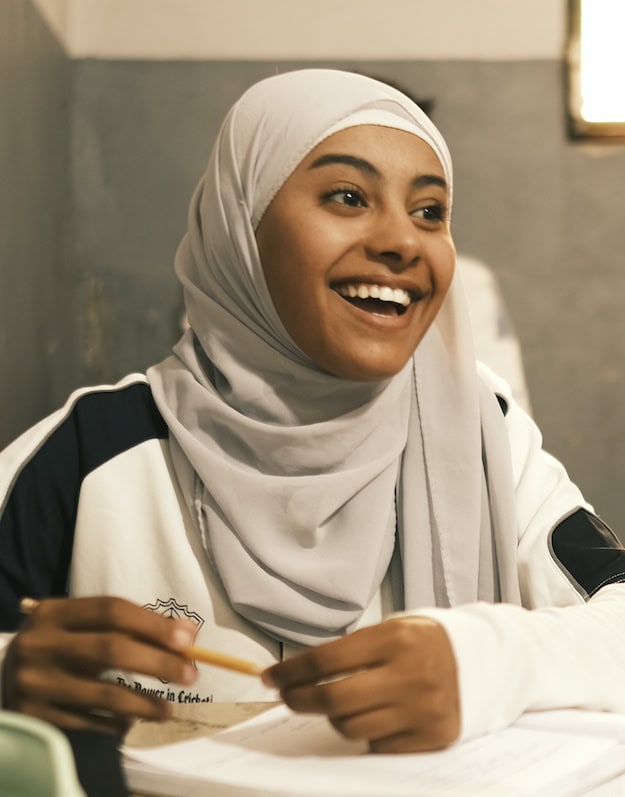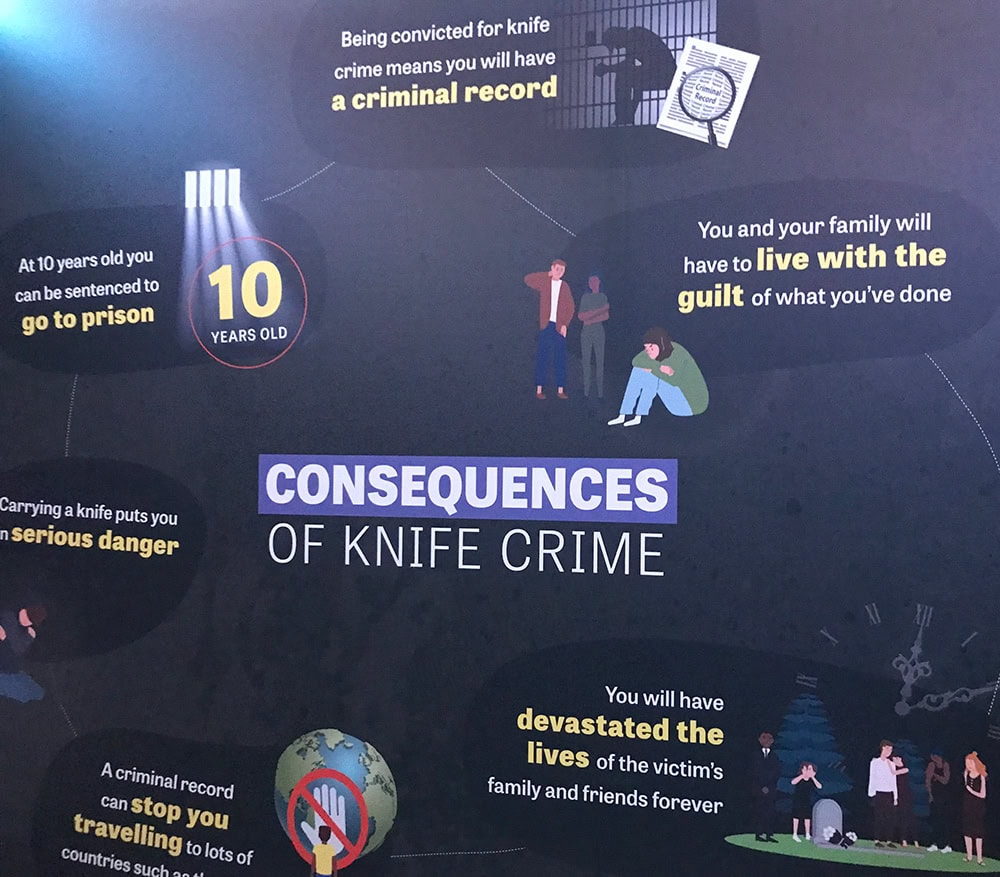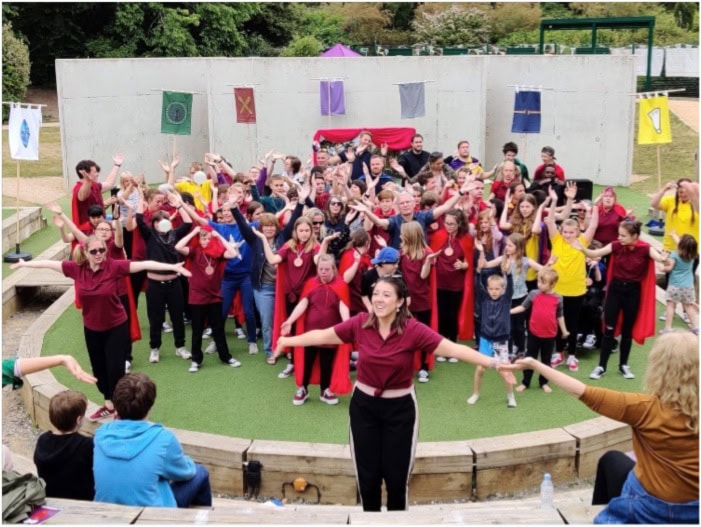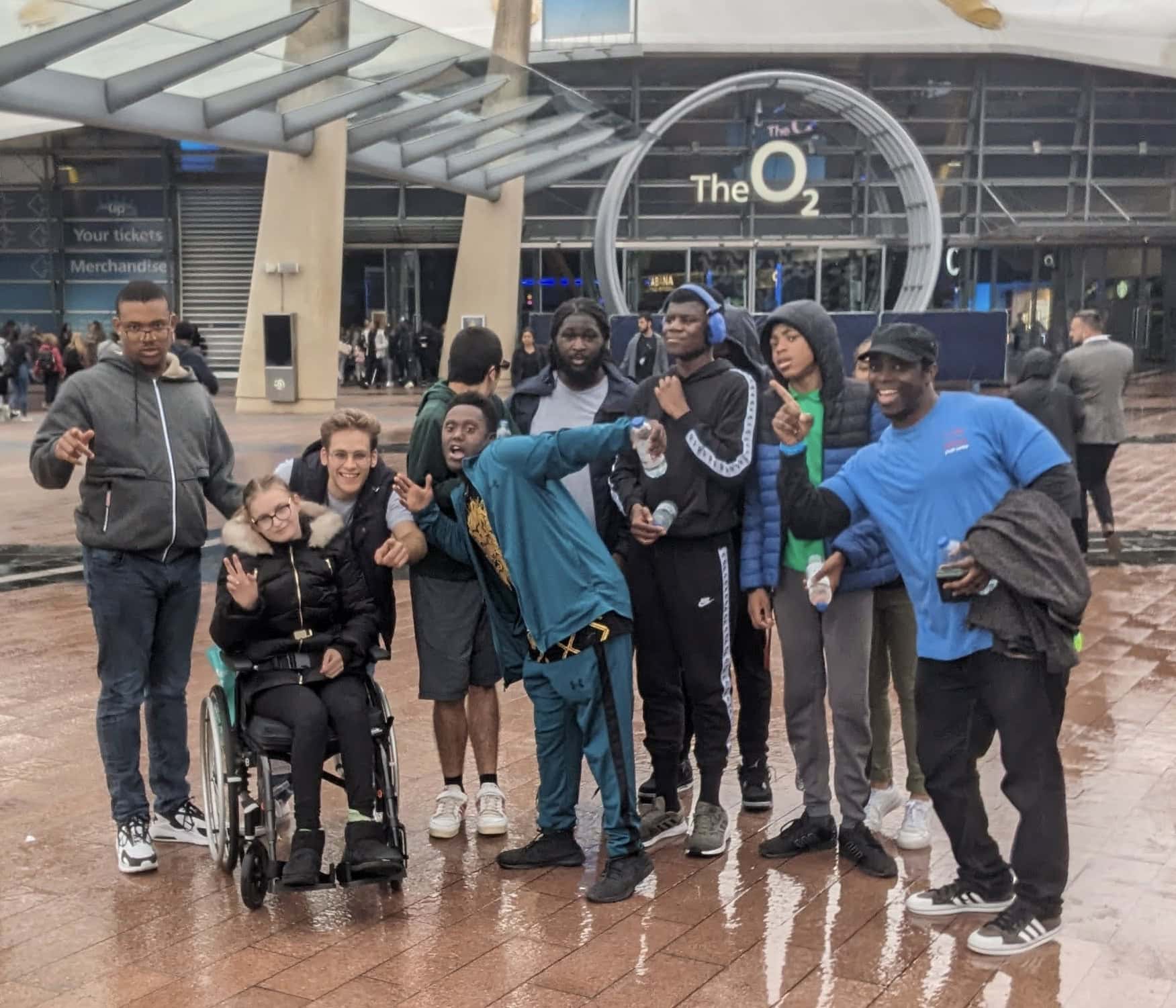The Mixables Project – UK

Charity:
Salmon Youth Club
Encouraging young people to express themselves
Country
UK
Start Year:
2015
Run Time:
1
Participant Age:
All
Which UN SDGs?

What is Co-Funding?
Co-funding with the ALMT allows individuals, other Trusts and Foundations, and Companies to contribute funds directly to individual, vetted and approved, project partnerships. With fifteen years of experience awarding grants and working in partnership with children’s organisations around the world, the ALMT is best placed to support you in your philanthropy.
A report by the Council for Disabled Children (CDC) highlighted that children and young people with a disability are more likely to live in poverty, are more likely to be socially isolated and experience barriers to education, leisure and play, are at increased risk of mental health problems, and are more likely to have additional health problems such as being overweight (CDC 2014). There is a real lack of activities in Southwark for young people with mild to moderate disabilities, and almost a complete lack of provision for those who are over 18.
This two year project with the ALMT aims to help build the confidence, skills and independence of young people with disabilities and to increase their access to opportunities in the following ways: 1) A weekly youth club for disabled young people called Mixables; Mixables allows disabled young people to socialise with their peers, try new activities and go on day trips and residentials to practise their independence skills in new, unfamiliar environments.
Through Mixables young people are encouraged to work towards achieving basic accreditations, such as AQA Unit Awards. 2) A befriending scheme; This scheme connects fully trained and supervised adult volunteers with young people whose disability means that they are not independent and do not access leisure facilities. The pair enjoy social and leisure activities in the local area together for two hours a week; putting the young person in situations in which they must manage their money, use public transport, etc. 3) Personalised timetables for young people offering individualised support; Each young person accessing the centre has a different set of interests and needs. The Disability Worker helps young people to identify their interests and to achieve their potential spending between one and ten hours with them each week. For example, a young person may take up volunteering or work experience opportunities at Salmon or in a partner organisation, access training in a specific area or work towards a qualification, or be helped to access further education, employment or housing opportunities.
Related Projects
- Syria
- 0
- - Complete
Alsama Project offers a world class education for young refugees
- UK
- 2025
- - 2028
The Ben Kinsella Trust is a charity that tackles knife crime through education and campaigning.
- UK
- 2025
- - 2026
The Theatre Shed is an inclusive theatre company empowering young people to embrace their unique voices, fostering confidence and self-expression.
- UK
- 2025
- - 2026
Salmon Youth Centre aims to help build the confidence, skills and independence of young people with disabilities and to increase their access to opportunities.



